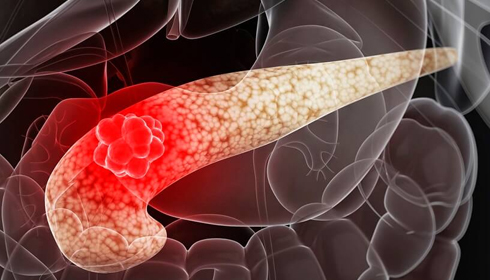
Mucus Plays a Key Role in Pancreatic Cancer Development: New Study
In a significant breakthrough, Cold Spring Harbour Laboratory (CSHL) Professor David Tuveson and his team have uncovered a new mechanism in the development of pancreatic cancer: mucus. Research investigator Claudia Tonelli spearheaded the study, revealing crucial insights into the early detection and treatment of this deadly disease, published in BMJ recently.
Tumours, clusters of ever-changing cancer cells, pose a formidable challenge due to their unpredictable behaviour. Understanding this complexity is crucial for developing effective treatments. "We need to better understand this concept of cell plasticity and design therapy that takes this into consideration," explains Claudia Tonelli.
To delve into the mysteries of tumour behaviour, Tonelli collaborated with Jonathan Preall from CSHL's Single-Cell Biology Facility. By dissecting pancreatic tumours into individual cancer cells, they examined the unique differences between various pancreatic cancer types, ultimately uncovering the role of mucus in cancer differentiation.
During the early stages of pancreatic cancer, cells produce mucus and rely on the body's regulators of mucus production. This process is essential for the survival and growth of low-grade pancreatic cancer cells, commonly referred to as the classical type. However, as these cells mature into the deadlier basal-like type, they seem to outgrow this dependency, suggesting a potential protective role of mucus against the immune system.
Surprisingly, targeting mucus in young, vulnerable pancreatic cancer cells could have both advantages and drawbacks. Blocking mucus production halts cancer cell growth but may induce a survival mechanism, leading some cells to transform into more aggressive basal-like cancer cells.
Tonelli emphasises the need for further studies to identify an optimal window for therapeutic intervention. "We would have to do further studies to be ready to hit the cancers once they have undergone this differentiation," she notes, suggesting a potential combination of therapies as a viable option.
While mucus may not be the sole key to unravelling pancreatic cancer, this discovery opens new avenues for understanding the intricate transformations within cancer cells. As researchers continue to decode the mysteries, the answer to combating pancreatic cancer might just be found right under our noses.